With the recent controversy over whether Humanism should be taught in UK RE classes, this belief system is getting more attention than it’s ever done. We thought we’d help out the British Humanist Association with their policy of promoting critical thought around Humanism by publishing a series of posts examining whether Humanism makes, well… any sense at all. Enjoy!
~Humanism & its Discontents: Part 1~
Humanism assumes universally accepted precepts such as the inherent sanctity of human life. It tells us that human life is something worth fostering and promoting, and that it is morally despicable to actively try and harm it. I agree. I cannot help but note, however, that humanism offers absolutely no intellectual basis for these laudable ideals. In fact, as it is a moral philosophy based on God’s non-existence, it seems to offer quite the opposite.
In a world without God, the universe is at best an accidental one, whose origin is entirely unexplained, but certainly not the result of a Higher Power. Similarly, human life is not at all intended. Rather, it is simply the happy byproduct of Darwinian evolution- the dubious idea that a fortuitous unexplained fully functioning cell appeared one day, consequently underwent countless copying errors in its DNA, and after being ravaged by similarly undirected environmental changes produced you, me, and that barking dog that keeps you up at night.
If this outlook is true in all its serendipitous details, then in what way is human life sacred? It is simply the accidental product of an accidental universe, a fluke that will disappear entirely in the blink of a cosmic eye. At best, one can say that human life is rare, remarkable only in a probabilistic sense. But that does nothing to obscure the obvious fact that in an atheistic perspective, human life has no intrinsic worth. It was an accident. Let’s enjoy it while it lasts. A good philosophy for a night out perhaps, but the sombre hangover is sure to kick in soon. If human life is an accident, then why should we value it? If a callous, uncaring oppressor seeks to trample on the rights of others for his own selfish ends, then by what argument will we silence him? ‘Be good!’, we cry. ‘Why?’, he retorts. ‘The law of the jungle is what brought us into this world- why not continue it?’ In this bleak atheistic outlook, the idea that life is valuable can be chalked up to a psychological survival instinct drilled into us by the selfish dictates of natural selection. If someone ignores its compulsions, then can we really argue against such cruel principles coherently? After all, an unspoken truth is being acted upon: none of this really matters anyway.
A theistic outlook however, radically alters this. We are not an accident. The universe did not bring itself into being through sheer force of non-existent will; rather, it was created by an eternal Higher Power for a very specific purpose. That purpose was to produce conscious beings capable of high moral and spiritual endeavour- beings that could know their Creator, develop a relationship with Him, emulate His Mercy, and thus work to produce peace amongst creation.
Human life therefore is absolutely valuable- it has a purpose, and belongs in reality to its Creator. To take a life away is to rob that life of its potential to fulfil the purpose of its existence, and experience the spiritual bliss that comes with it. To take a life away it is to take a life that was never ours to take.
Of course, believers and non-believers alike know that life is sacred. It is a principle which screams inside our very core. The difference is, alas, that the atheist’s heart finds no support from his or her head.
Header image courtesy of Rebecca Murphy
Read the Full Series!
Part 1
Part 2
Part 3
Part 4
Part 5
Part 6
Lecture


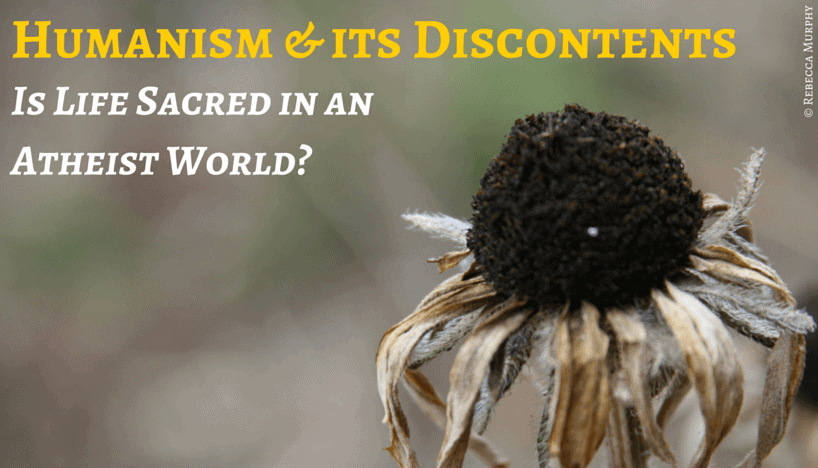

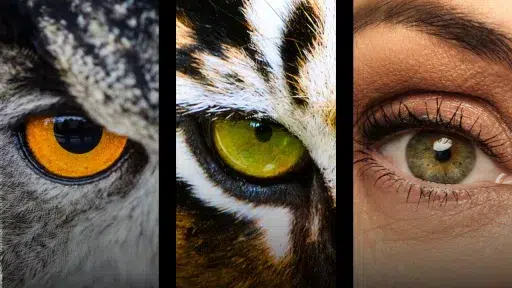

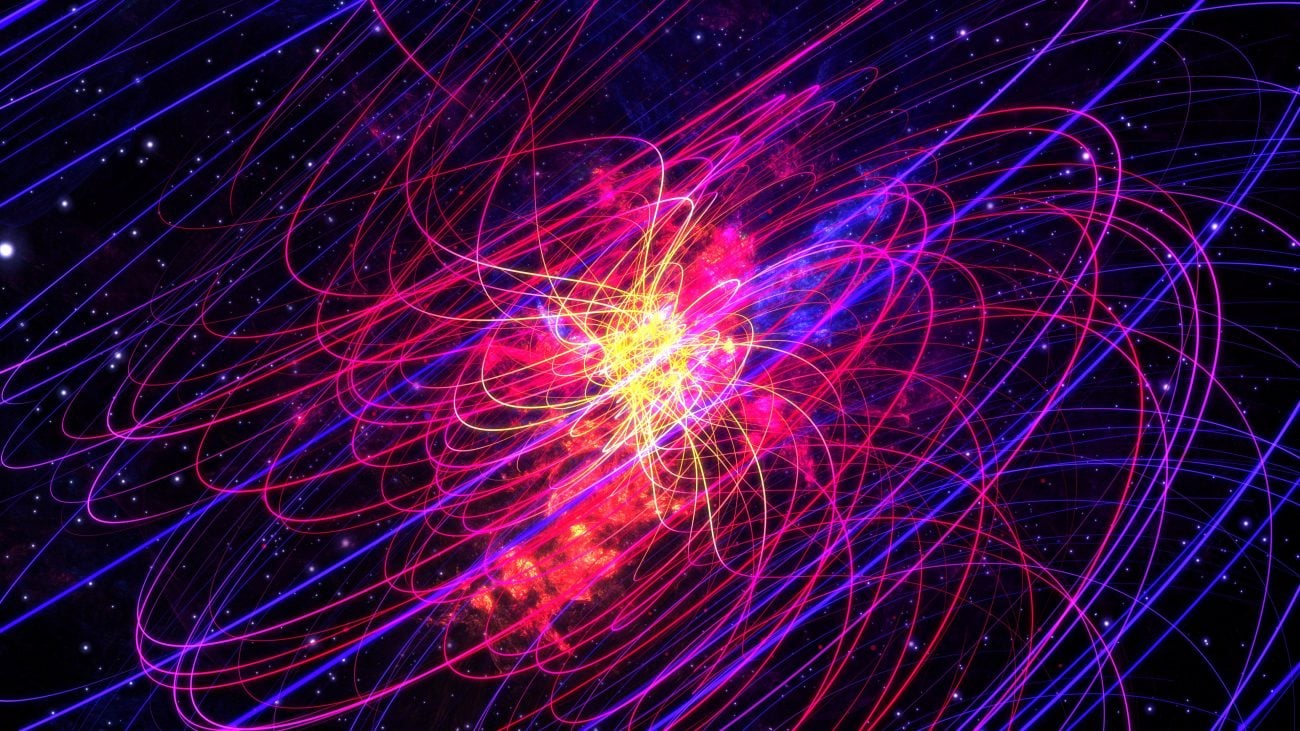
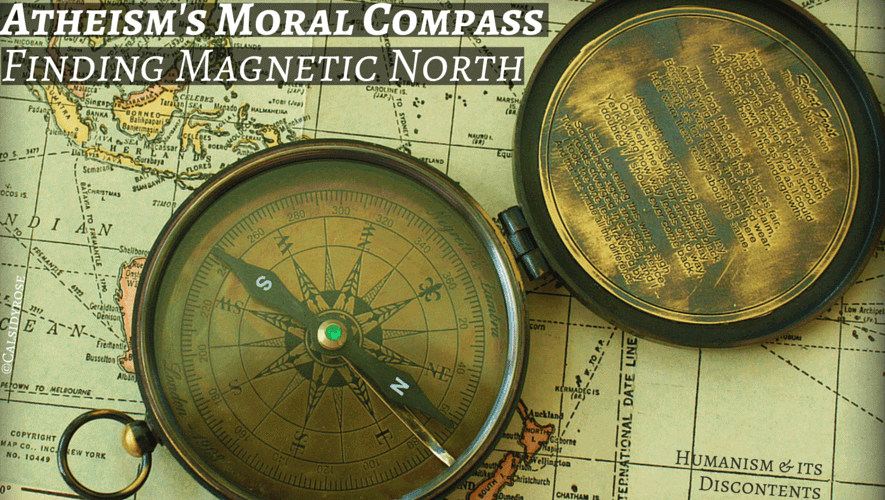
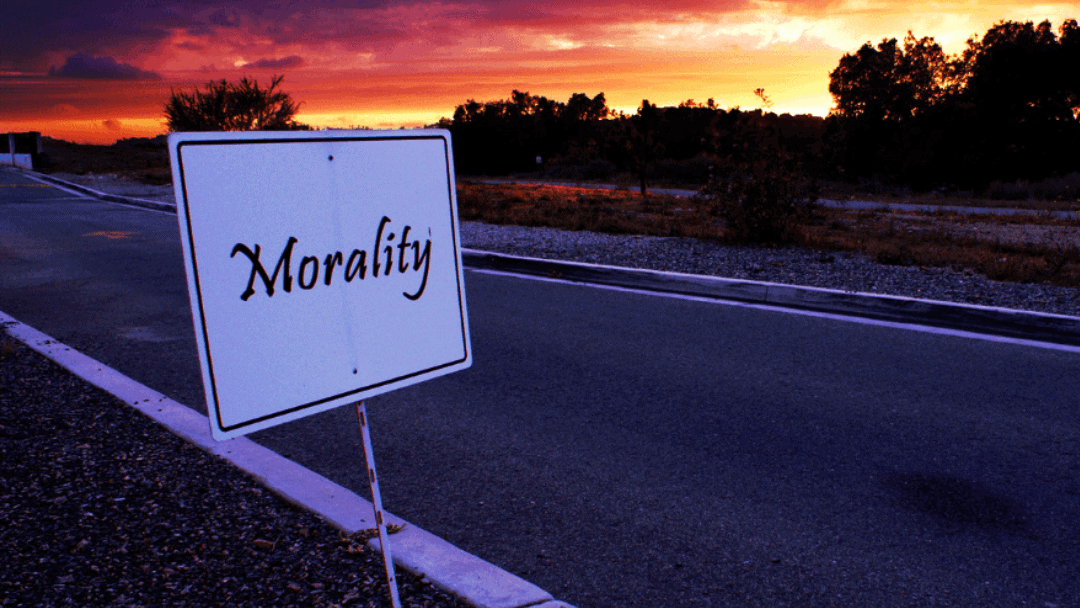


1
4.5
5